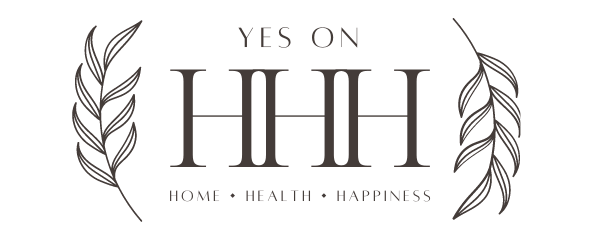Exploring details about your family history can be a fascinating experience. It can be a great opportunity to uncover previously unknown facts about your ancestry and the stories that have shaped your family’s history over the years. It can also provide insight into the events and people that have influenced your family and the eras in which they lived. However, many people don’t know what to do or where to start when it comes to finding out about their past. The good news is that there are plenty of resources available to help you along the way. If you’re not sure what to do or where to start, keep reading to find out how to learn more about your family history.
How can you learn more about your family history?

DNA testing, like Native American DNA testing, has been an invaluable tool for those researching their family history. With the help of a simple swab, you can learn so much about your family’s history and even your own identity. From connecting to distant relatives to uncovering long-lost family secrets, DNA testing can be a powerful tool for uncovering your family’s past. The ability to use DNA testing to trace one’s ancestry has revolutionized genealogy research, as it can enable you to identify your ancestral origins, as well as potential living relatives.
For many people, the thought of moving to the location where their ancestors lived is an exciting prospect. It can be an effective way to learn more about one’s family history and gain a better understanding of the culture and lifestyle of their ancestors. Remember, if you are going to move, you should always hire professional movers, like this Tampa moving company. Professional movers bring a wealth of experience and knowledge to the table that can make your move easier, more efficient, and less stressful. Plus, by taking some of the work off your plate, hiring movers will give you more time to focus on your genealogical research.
Once you have something to go on, you can begin researching and gathering information about yourself and your ancestors, as well as exploring the cultural aspects of their lives. This can be done through a variety of sources, such as interviews with relatives, historical documents or records from archives or libraries, genealogical databases online, or ancestry websites.
What are some reasons you might want to research your genealogy?

Now that you have a better idea of how to learn about your family history, let’s talk about some of the benefits or reasons why you may want to. For one, many adoptees are interested in finding out more about their biological families. Adoptees often have the desire to know who their biological family is and where they come from. This need is often driven by wanting to understand their background, their ethnic and cultural heritage, and the circumstances of their birth. They may also want to build a relationship with their current living relatives.
Genealogy research has practical benefits as well because it can teach you about your medical history. Ancestral medical records can provide insight into possible inherited conditions, such as diabetes, heart disease, cancer, and other serious illnesses. Knowing your family history can help you make informed decisions about your own health care and lifestyle. It can also assist medical professionals in diagnosing diseases. This can even be useful in terms of nutrition, as you can learn what foods your relatives have been allergic to.
Overall, learning more about your family history can allow you to gain insights into your own identity and values, as well as connect with your past. From researching your ancestor’s stories to tracing your lineage, there are many ways to explore your family’s history and uncover meaningful memories. Whether you’re an adoptee looking for more information about your biological family, someone interested in researching their medical background, or just a curious person who wants to do some research, taking steps to learn more about your family history can be a rewarding and enriching experience.

















